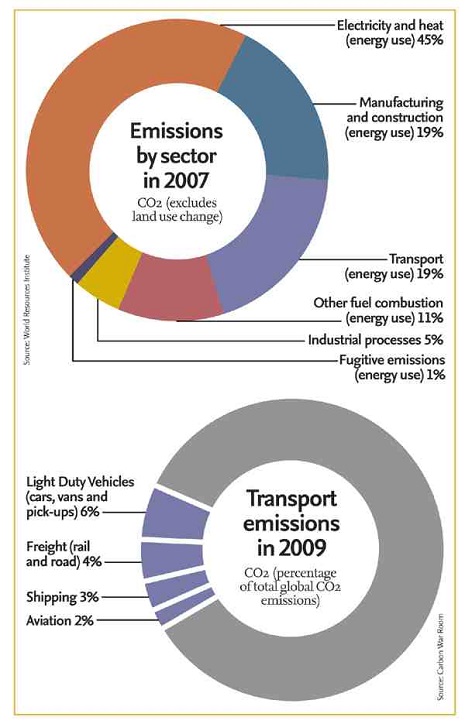Due to shipping, the impact of mounting pollution and illegal discharges is felt worldwide. The preventive principles, sustainable development policies and good ideas, best public concern about global environmental issues and pressure from other sectors.
To some extent the marine environmental protection committee of the IMO which stands for International Maritime Organization assist using legislative instrument, codes and crucial guidance. The IMO is the United Nations agency which is responsible for the safety and security of shipping and anticipation of pollution which are made by the marine ships. Good progress has been made in terms of effective management of environment, which is related to shipping industry, but generally much of it is based on a command and control philosophy.
Sustainable means without hampering the ability of future generations to meet their own need for development of the basic needs. Over the last decade, Corporate Social Responsibility (CSR) standards and initiatives have received more attention and are focusing on their responsibilities in the maritime sector. A high level CSR framework is proposed to assist the shipping industry associations and companies to follow these principles. As we know regulation and environmental protection remain the key initiatives for delivery and sustainable shipping standards and the economy bottom line is still governing.
The European commission defines CSR as a concept by which the companies put together social and environmental concerns in their business and interaction with their stake holders on a voluntary basics. A Shipping department operating to high environmental standards can achieve indirect benefits such as company promotion, through improving the company’s image. CSR is usually included in the company’s marketing strategy. Environmental awareness through education in shipping is increasingly valued. Seafarers need to understand the basic concept of green shipping in order to bring about a change in culture and move toward to cleaner shipping. Currently sustainable shipping initiatives are mostly slow and there is a need for incentives to be rationalized, effectively expressed and presented as an accessible package.
More about:
















































